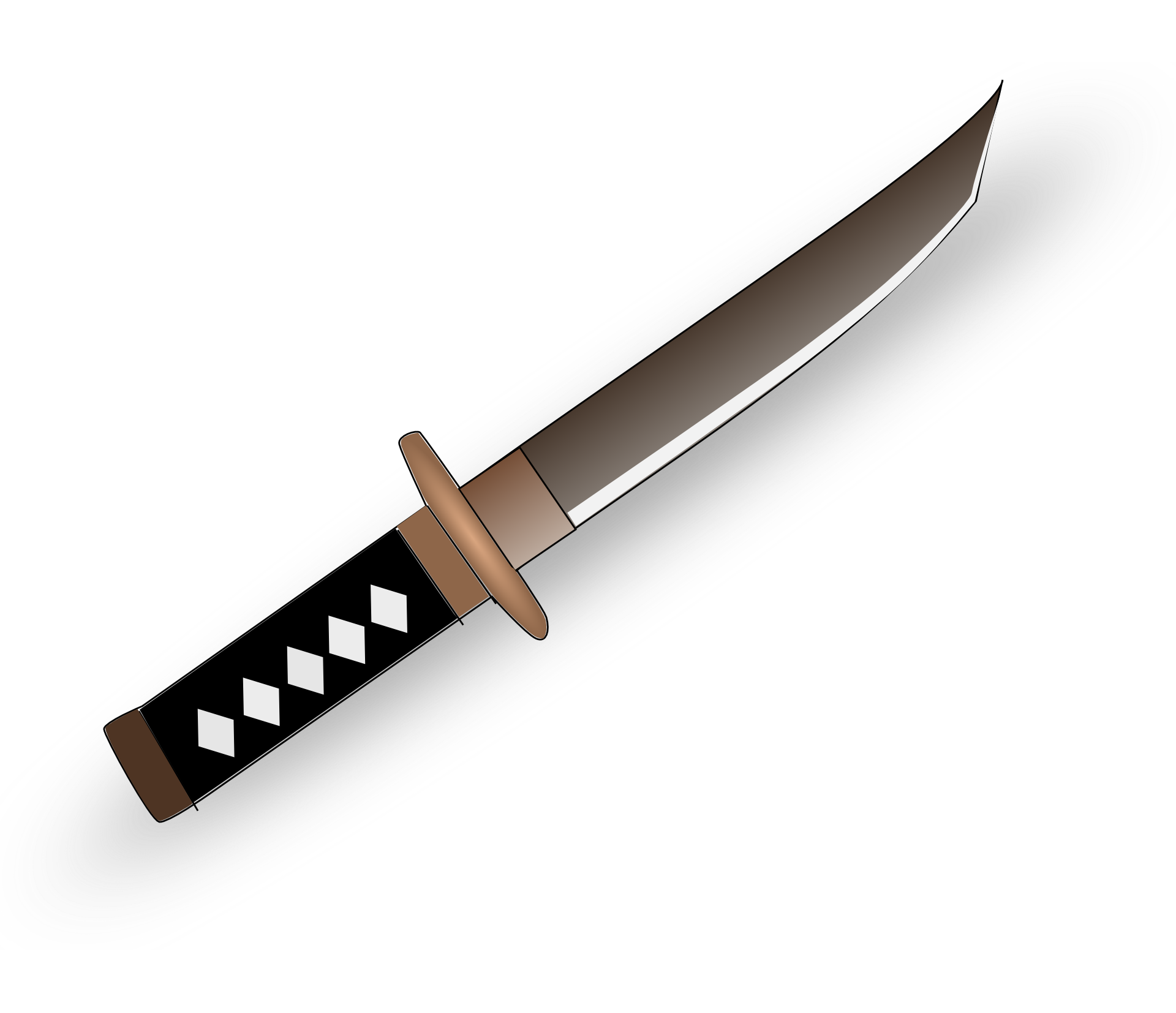
For some days, Kṛṣṇa went to the nearby forests with Baladeva
and others to take the calves out to graze. One day, a very strong
demon came in the shape of a calf. A bad fragrance came from
him, because he took opium, flesh, meat, eggs, wine, and other
bad things. A bad smell was coming from his nose and mouth.
It was very severe. He came among all the calves, wanting to
mix with them. All the calves held their tails high, turning them
around and jumping about, as they moved in fear toward Kṛṣṇa
and Baladeva.
Kṛṣṇa looked toward Baladeva and thought, “What is happening
today? I see that all the calves are fearful. I also see a beautiful,
strong new calf.”
Baladeva spoke with His eyes, not words: “There is something
wrong. We should be careful.”
That demon calf [Vatsāsura] wanted to gradually come closer
and kill Kṛṣṇa and Baladeva, but Kṛṣṇa immediately caught hold
of the demon’s hind legs, swirled him around in the air, and threw
him into the sky. The demon fell onto a tree. Kṛṣṇa ran, following
him as he tried to escape. The forest where this happened is called
Khadīravana. Do you know Khadīravana? We have gone there on
Śrī Vraja-maṇḍala parikramā. Kṛṣṇa followed the demon calf into
Khadīravana and killed him.
After some days, a large demon named Bakāsura came. Baka
means ‘crane.’ His lower beak was on the earth and his upper
beak touched the sky. He wanted to swallow Kṛṣṇa.
At first, the crane appeared to be in a trance, like a yogī standing
on one leg near a pond or near the Yamunā. Wanting to swallow
Kṛṣṇa, he quickly picked Him up in his beak, but Kṛṣṇa became
like a hot iron rod. Being unable to keep Kṛṣṇa in his throat, he
vomited, and Kṛṣṇa was thrown free. The crane again wanted to
attack Kṛṣṇa, but Kṛṣṇa quickly placed one leg on the demon’s
lower beak, and with His hand, He raised the demon’s upper beak.
In this way, Bakāsura was divided in two and thus killed.
These two demons, Vatsāsura and Bakāsura, were the embodiments
of duplicity and hypocrisy. Nowadays, there are so many
Bakāsuras, duplicitous people. At the time of Kṛṣṇa there was
only one, but nowadays we cannot count them.
Though some people may have taken initiation and are
chanting the holy name, wearing tulasī beads around their neck,
applying tilaka, and displaying all other external signs of being a
Vaiṣṇava, they remain very tricky – hypocritical and duplicitous.
Outwardly, they seem friendly, but inwardly, they are like an
enemy. Externally, they speak very sweet words, but inside, they
hold a knife. Kṛṣṇa can recognize this and destroy them. We see
that they fall down very quickly. If anyone is chanting the holy
name, hearing hari-kathā, and remaining in good association, he
should keep far away from such duplicity.
Duplicitousness is when one is chanting, remembering, and
[appearing to be] a Vaiṣṇava, but is still overly attached to wealth,
reputation, followers, wife, children, and so forth. Those who are
deceitful and always criticizing and offending Vaiṣṇavas for petty
reasons are offenders; they are not actually Vaiṣṇavas.
But to be [falsely] detached is also not good. We should make
Kṛṣṇa the center of our life and relationships: “My wife is the
beloved of Kṛṣṇa,” or “My husband is the beloved of Kṛṣṇa,” or
“My children are the servants of Kṛṣṇa.” We should support and
nourish this conception. [We should consider that] everyone is
the servant of Kṛṣṇa, and thus associate with all the Vaiṣṇavas.
Whatever we do, we should do for Kṛṣṇa.
The gopīs were married, as were many associates of Śrī
Caitanya Mahāprabhu. The Pāṇḍavas were also householders,
and they were not too attached. We should do all these things for
Kṛṣṇa, because we are not qualified to be in the renounced order.
But we can become qualified, gradually. When we come to the
age of fifty or sixty, all these things should gradually be given up.
Then, we can leave everything to our sons and our sons’ wives. At
that time, we will be known as vānaprasthī (one who is retiring
from material life). As a vānaprasthī, you can live with your wife,
no harm. But after some time, you should give your wife to your
sons and be renounced in a proper way, doing bhajana like Śrīla
Bhaktivinoda Ṭhākura.
Family life is not bad. In it, we can learn many things. This
world is the perverted reflection of the spiritual world [where
Kṛṣṇa is the center of one’s activities]. It is like a ladder by
which we can gradually go up. But when family life is not like
a ladder, not like a school for training in spiritual life, then it is
very bad. It should be like a training school where one learns
how to love Kṛṣṇa. A married person should think, “I should
love Kṛṣṇa like my son or like my husband – more than my
husband – like a beloved, like a friend.” This household life is like
a training school. Those who have past impressions of married
life, having fully tasted it in previous lives, do not take to household
life.
Those who pretend to be brahmacārīs but are not actually
brahmacārīs will fall down after some time. They may have taken
sannyāsa, the renounced order, and are preaching all over the world,
but if they are internally attached to ladies and wealth,
they were never qualified for this renounced order. They only
pretended to be qualified for wealth and reputation. Guru should
not give sannyāsa to such persons.
Those who are duplicitous in this way are like Bakāsura. We
should try to be careful of this Bakāsura. You cannot kill him
yourself. Who can kill him? Only Kṛṣṇa or Baladeva.
—Śrīla Bhaktivedānta Nārāyaṇa Mahārāja (Kṛṣṇa – the Lord of Sweetness)








